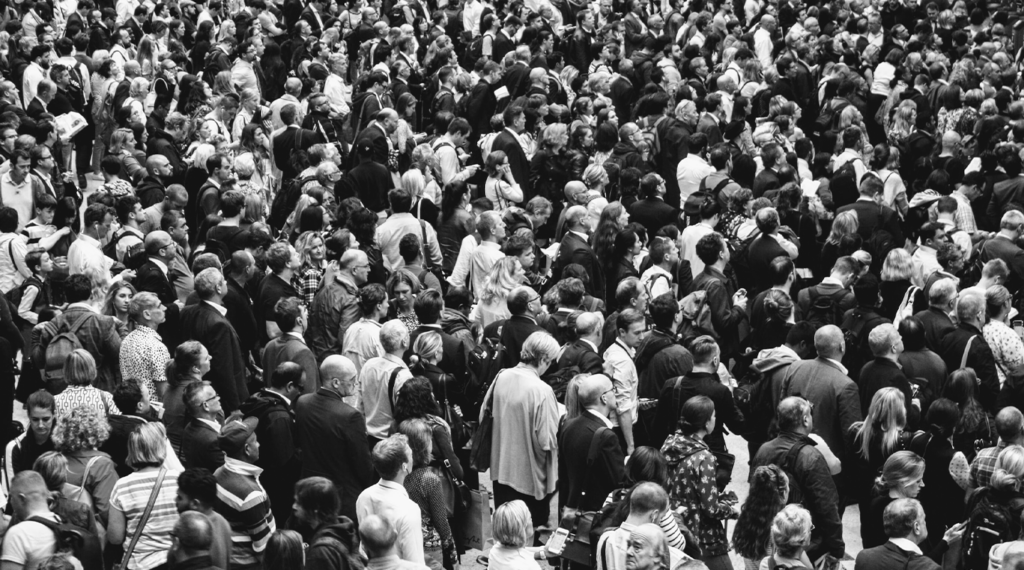In times of climate crisis, we need to support local media

If a journalist’s job is to look out of the window and tell readers what is happening, disaster reporting should be easy.
A reporter in Pakistan need only pick their way through the wreckage of the floods that killed around 1,700 people and left 33 million people – one in seven people in the entire country – severely impacted. An American journalist need only spend some time with the communities trying to rebuild homes and bridges destroyed by Hurricane Ian, one of the deadliest hurricanes to hit the US in the past 20 years.
However, effective crisis journalism is not just about reporting on disasters. It’s also about making sure the people most directly impacted have access to the information they need on how best to find shelter, food, water and medicine. This is not easily done.
Ecological and natural disasters are unpredictable and overwhelming. Critical infrastructure is destroyed, internet access often goes down and roads become impassable.
And yet it is at this moment that the media matters the most. In times of crisis accurate, trusted, high-quality information saves lives. The International Journal of Disaster Risk Reduction highlights the importance of effective communication tools during times of both local and global disaster. This is especially true of the most disadvantaged communities who are already underserved by traditional media and of people away from home.
I’ve spent several years as a foreign correspondent in Africa, reporting on conflicts in Darfur and famines in Malawi ‒ and one thing was clear: During a crisis, populations move. Traditional media sources become irrelevant as people flee their homes and misinformation spreads in the form of whispered rumours and text messages on their mobile phones, which are often the only communication tool people carry with them.
As Chief Executive of Internews Europe, I now work with an organisation that truly understands how to build healthy information ecosystems in these environments.
In May last year, the Nyiragongo volcano erupted close to Goma, home to one million people in eastern Democratic Republic of Congo. As aftershocks continued to wrack the area, some 450,000 people fled their homes, some into a neighbouring town, and some across the border into Rwanda. Radio stations, which are still key sources of news in much of the Democratic Republic of Congo, could not produce or broadcast their own news and relied instead on official statements and communiques from local authorities.
The Internews team in the region soon realised both the communities that had fled their home and the communities they had fled in to were not getting accurate information about the disaster. Vulnerable people did not know how to access the help they so badly needed, and many in the host communities did not understand who these newcomers were and what they needed.
Internews worked with local partners to set up The Volkeno Ni Jirani, a daily radio news programme that provided key information on the eruption and governmental and humanitarian support to communities. The programme was aired on ten radio stations across the region. We also partnered with a group of young developers to create Volcan Alert, an SMS platform that sent more than 360,000 SMS messages to local subscribers. Overall, the emergency response reached an estimated one million people in both DRC and Rwanda, with more than 200,000 interactions on social media platforms.
The demand for this kind of disaster response is only going to grow. A report published by the World Meteorological Organisation revealed that: the number of disasters related to weather, climate or water hazards has increased by a factor of five over the past 50 years and more and more communities will find their lives upturned by catastrophe.
At times of catastrophe, many will argue that we need to focus on meeting basic needs to make sure people are sheltered, fed and kept warm. But any effective humanitarian response must also recognise that as human beings, we also need to communicate, to trust and to feel we have some agency in our lives. And this requires an effective media sector.
In 2023, Internews will help bring civil society actors together at the Summit for Democracy, to explore with philanthropists, governments and corporations how high-quality, independent media can be nurtured and supported worldwide. This is important for all of society, but it is especially important to ensure that at times of crisis, we know who to turn to for information we need, and to ensure all our stories continue to be told and to be heard by those around us.
Authors

